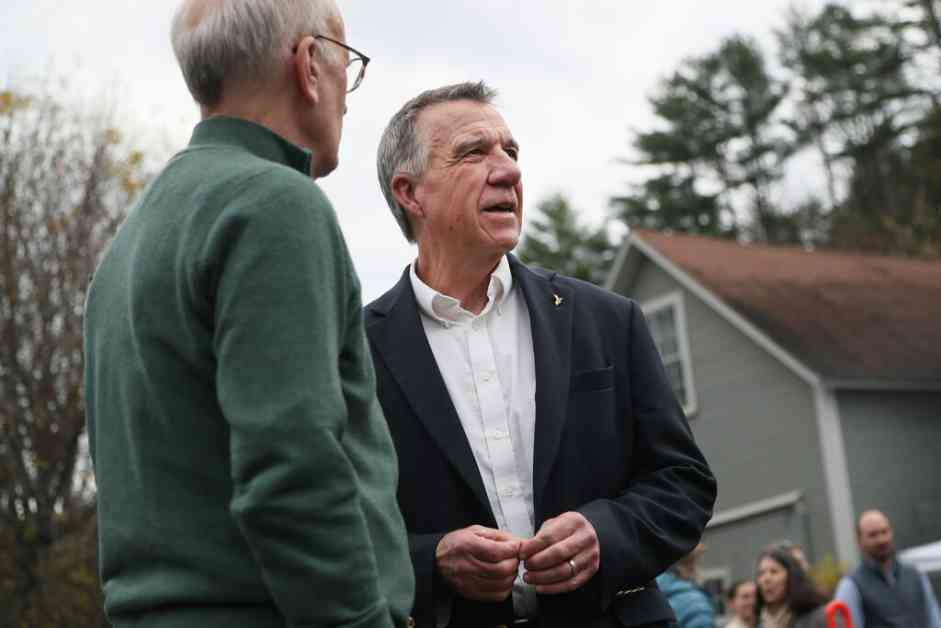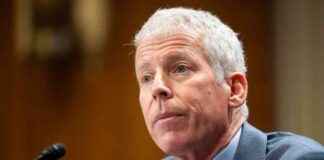Vermont, in a surprising twist, will not be enforcing mandates for electric car and truck supply until the end of 2026. Governor Phil Scott signed an executive order on May 13, allowing for a 19-month delay. This decision was influenced by pressure from vehicle manufacturers and uncertainties related to tariffs and federal budget freezes. The state had previously implemented regulations modeled after California’s zero-emission vehicle rule, aiming to end gasoline-powered vehicle sales by 2035.
The delay was met with mixed reactions, with some supporting the decision as a temporary measure to address federal uncertainties, while others criticized it for giving in to industry demands. Democrats and climate advocates expressed disappointment, urging Vermont to uphold environmental safeguards despite challenges. The order was also linked to concerns about a lack of charging stations and the freeze of federal funding for chargers in the state.
Critics of the delay questioned its impact on the transition to electric vehicles and accused the governor of bowing to industry pressure. The heavy truck industry, in particular, welcomed the decision, citing concerns about meeting the supply targets set for model year 2026. However, environmental advocates viewed the delay as a setback in the state’s efforts to lower pollutant emissions through increased EV adoption.
The suddenness of the executive order raised eyebrows, with some questioning the need for a delay when manufacturers had up to three years to comply with the regulations. Lawmakers and stakeholders expressed concerns about the implications of the decision on EV sales targets and the future of the state’s climate strategy. Despite the criticisms, Governor Scott defended the order, emphasizing the need to address industry challenges and uncertainties at the federal level.
Vermont’s approach to electric vehicle mandates has been a topic of debate, with stakeholders expressing varying opinions on the effectiveness and feasibility of the regulations. The decision to delay enforcement reflects the complexities and challenges of transitioning to a cleaner transportation system while balancing industry interests and environmental goals. As Vermont navigates these issues, the future of electric vehicle adoption in the state remains uncertain.














